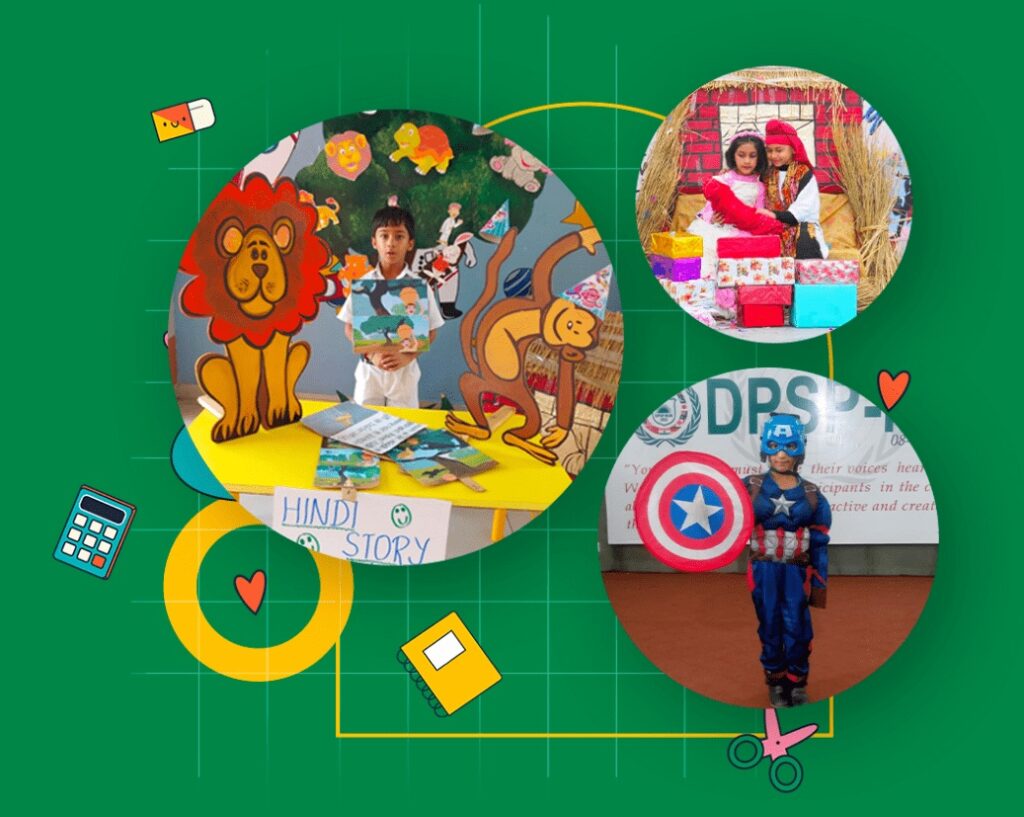Parents don’t feed their infants solid food right away, do they? Instead, they start with soft, easily digestible options like milk, porridge, or cereals—foods that gently prepare the child’s digestive system for more complex meals. Now, you might wonder—what does this have to do with Kindergarten?
Well, think of it this way: Kindergarten is the soft food of the education system, while primary school is the solid food. Just as a child’s body gradually adapts to digesting solid meals, their mind also needs time and guidance to adapt from the informal learning at home to the structured learning environment of school. That’s where Kindergarten plays a crucial role—it serves as the perfect bridge between the comfort of home and the discipline of formal education.
Kindergarten is an early childhood educational program generally designed for children aged two and above. It is not just a stepping stone, but a vital foundation that prepares your child socially, emotionally, and cognitively for primary school and beyond.
Why Is Kindergarten So Important?
The term “Kindergarten” comes from the German word meaning “children’s garden”. And indeed, it is like a garden where young minds are gently nurtured, watered with knowledge, and given room to grow. It’s often the first place children spend a significant amount of time away from their parents. Therefore, selecting the right Kindergarten is crucial—it becomes your child’s second home.
As a parent searching for the best Kindergarten school near me, several factors must be considered: the qualifications and warmth of the staff, the safety and cleanliness of the premises, the school’s philosophy and teaching approach, and the overall environment. All of these contribute to creating a joyful and productive learning experience for your child.
But beyond the environment, what exactly does your child gain from attending Kindergarten?
1. General Growth and Development
Kindergarten lays the foundation for holistic development. The teaching here is often rooted in the concept of learning through play. Children are naturally curious and energetic—Kindergarten harnesses this curiosity with fun, interactive activities that encourage them to explore, ask questions, and learn by doing.
Activities like painting, building blocks, pretend play, and outdoor games enhance physical coordination, motor skills, and cognitive thinking. At the same time, group tasks and peer interactions develop crucial social skills—such as cooperation, empathy, sharing, and listening.
2. Literacy and Numeracy Skills
Early exposure to language and numbers gives children a head start in their academic journey. In Kindergarten, they are introduced to basic concepts of literacy and numeracy in creative and engaging ways—like drawing alphabets, listening to stories, singing rhymes, and counting colorful objects.
This playful approach fosters a love for reading, writing, and counting from an early age. By learning to recognize letters, sounds, numbers, and shapes, children build a strong foundation that supports smoother learning in primary school.
3. Emotional and Social Readiness
Kindergarten is also where children learn about their emotions—how to express them, manage them, and understand others’. Through structured routines, they become familiar with following instructions, waiting their turn, and working in groups. These soft skills are just as important as academic skills for long-term success in school and life.
Conclusion
So, is Kindergarten really necessary? The answer is a resounding yes. It is not just a place for coloring and singing—it is where the seeds of lifelong learning are sown.
A quality Kindergarten experience nurtures curiosity, builds confidence, strengthens social connections, and prepares children emotionally and intellectually for the structured environment of primary education. By choosing the right Kindergarten, you’re not just picking a school—you’re setting your child on the path to a brighter, more capable future.






